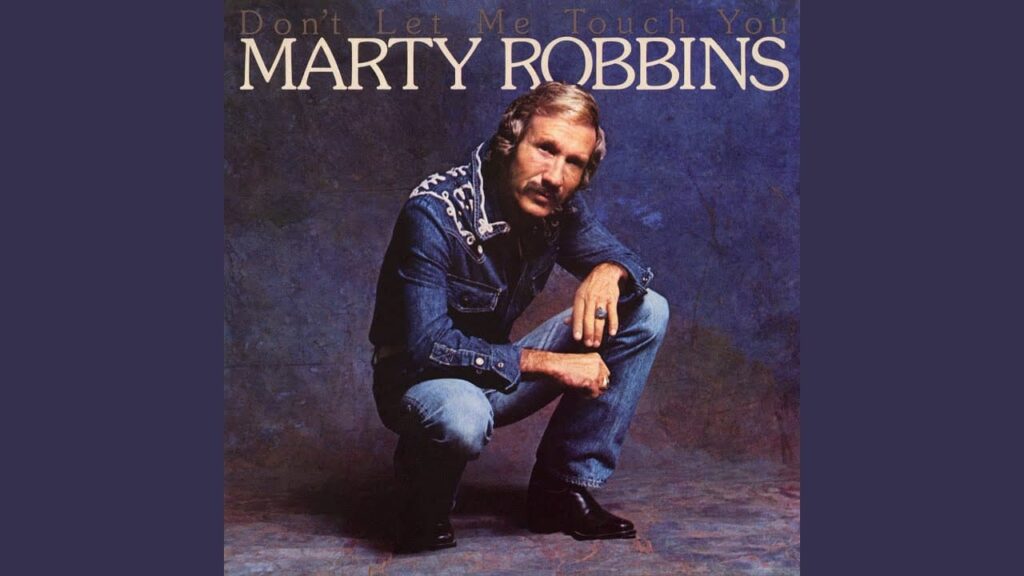
The Lonesome Echo of the Range: A Ballad of Courage, Conscience, and Lost Love
For those of us who grew up with the voice of Marty Robbins defining the American West—not with dusty film fanfare, but with the quiet dignity of a lonely man on the trail—few tracks evoke the spirit of the cinematic West quite like “Song of the Bandit.” Released during the peak of his ballad phase, this tune is less a chart-topping hit single and more a crucial, evocative thread in the tapestry of his Western masterpiece albums. It speaks to a time when a story, not just a catchy hook, was the measure of a song’s true worth
“Song of the Bandit” was released in 1960 as part of the album More Gunfighter Ballads and Trail Songs on the Columbia label. This record was the powerful and necessary follow-up to the iconic, platinum-selling Gunfighter Ballads and Trail Songs (1959), which had established Robbins as the premier balladeer of the Old West.
What makes this track so essential to the Marty Robbins canon is its reflective, slightly somber tone. It possesses a less frantic energy than the dramatic, gun-smoke-filled tales like “El Paso” or “Big Iron.” Instead, “Song of the Bandit” settles into the mood of a quiet campfire story, a folk song passed down through generations.
Robbins’ incomparable voice, rich and smooth, lends the tale a haunting gravity. He wasn’t just singing about a cowboy; he became the storyteller of the entire Western experience—the thrill of the open range, the danger lurking just beyond the horizon, and the constant, crushing weight of loneliness. The simplicity of the accompaniment—the gentle guitar work by masters like Grady Martin and Jack Pruett—allows the focus to rest entirely on the melancholy poetry of Nolan’s lyric.
The great trick of this song, and of the entire Gunfighter Ballads project, is how it manages to evoke a deeply nostalgic longing for a time most listeners never lived. For older fans, it’s a portal back to the Saturday Matinee heroes and the simple, black-and-white moral codes of their youth. When Robbins sings, it’s not merely a performance; it’s an invitation to saddle up and ride into a memory, feeling the sun on your face and the dust beneath your boots. It’s a nostalgic nod to the Western genre’s roots, a reminder that even the fastest gun is eventually slowed down by a broken heart. It is the sound of the West as we wish it had been—romantic, brave, and just a little bit heartbreaking.